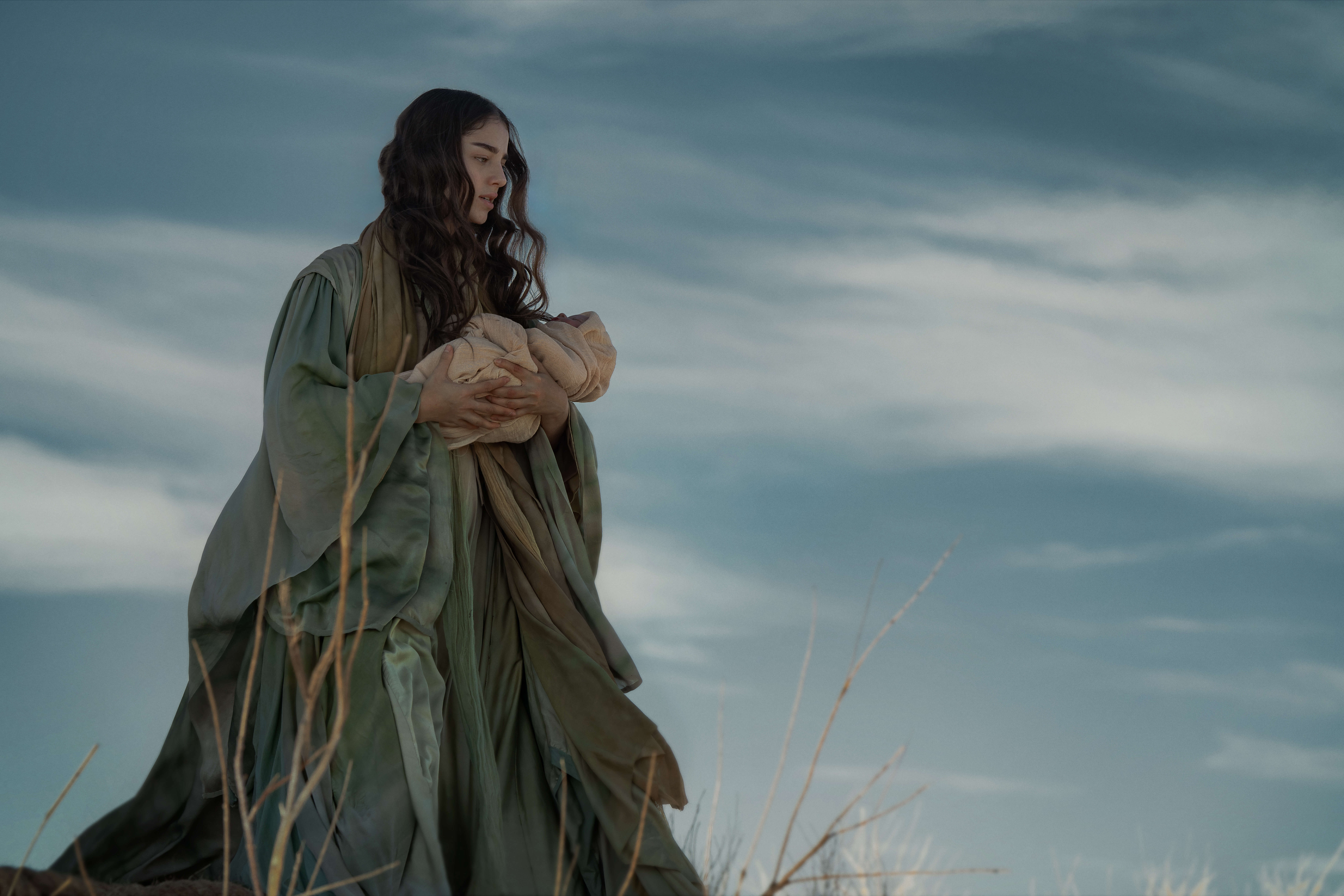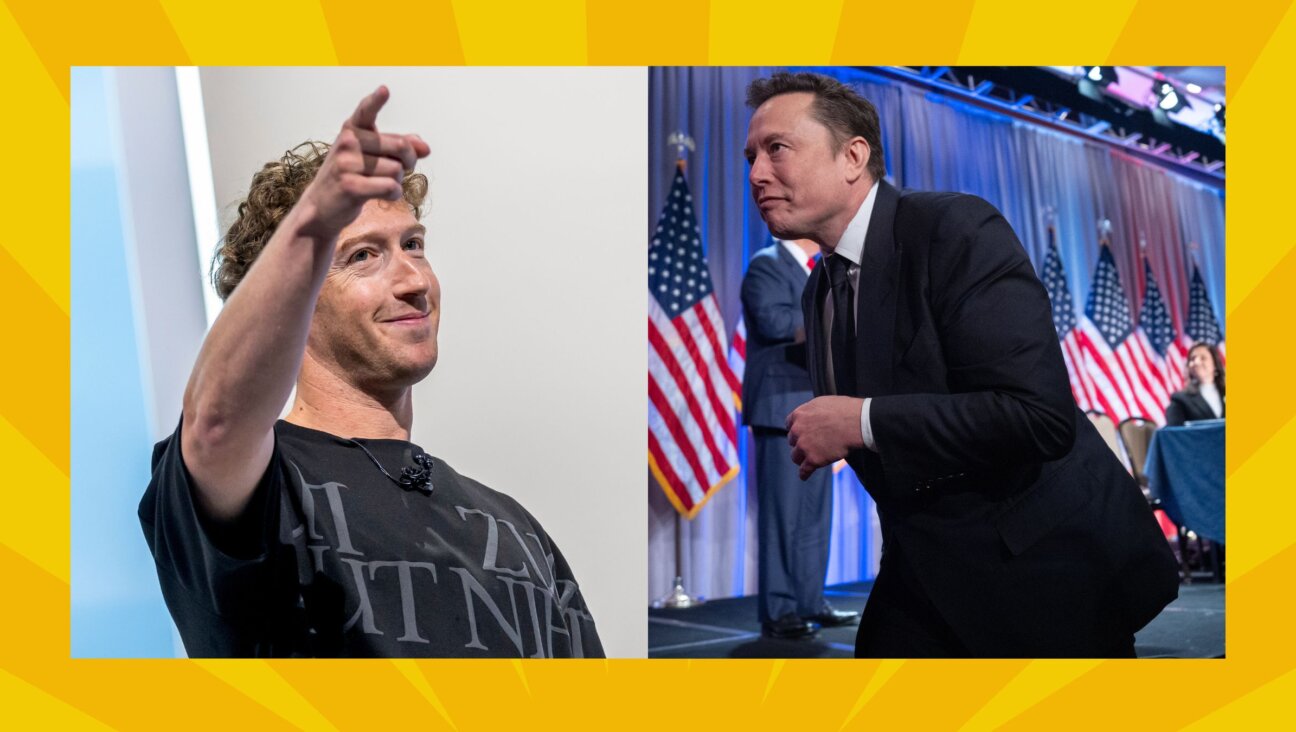An Intrepid Crowd Honors Patriots
This year’s May 27 Intrepid Foundation Fleet Week Gala aboard the Intrepid Sea-Air-Space Museum was as poignant as it was patriotic. At our table, the father, mother, wife and daughter of an American soldier who, a week before, lost his life in Iraq. They were one of three families of fallen soldiers acknowledged that night.
Among the roster of honorees touted by foundation President Bill White was canine hero German shepherd Frenke, recipient of the American Kennel Club’s first Heroic Military Working Dog Award. Frenke, whose skill at sniffing out bombs and explosives saved many lives in Iraq, mounted the podium with his handler, Sergeant Herman Haynes.
Arnold Fisher, foundation chairman of the board and senior partner of Fisher Brothers, paid tribute to his late uncle, Zachary Fisher, who was the son of an immigrant Jewish bricklayer. A construction worker at 16 who became a builder, philanthropist and American patriot, “Zachary used $50 million of his own money to rescue the USS Intrepid from the scrapheap,” said Arnold Fisher. He also spearheaded the foundation’s 32 Fisher houses that Arnold Fisher noted, “saved military families $70 million in [housing] costs while loved ones are hospitalized.” And he was the catalyst for the Fallen Heroes Fund that provides $10,000 to each spouse and every dependent child of soldiers killed in Iraq or Afghanistan.
Intrepid Salute Award recipient Charles Gargano, CEO and chairman, Empire State Development, touted the Fisher family: “They truly represent the generosity of the American spirit.” Dennis Swanson, executive vice president and COO of Viacom Television Stations Group USA (“who gave Oprah her first talk show way back”), presented the Intrepid Freedom Award to Tom Ridge, Secretary of the United States Department of Homeland Security.
Honing in on “duty, responsibility and charity,” Ridge told the 800 civilian and military guests: “When a man or woman puts on a uniform, everyone else in the family wears a uniform.… The work of defending freedom is not the work of any one individual but every individual of an entire nation.… Freedom is no longer something we can take for granted.… Everyone must accept the responsibility of being a protector.”
* * *|
The centerpiece of the June 2 Spring Women’s Luncheon Benefit of the Museum of Jewish Heritage: A Living Memorial to the Holocaust was the premiere screening of “The Journey to ‘Golda’s Balcony.’” It features documentary footage of Israel’s battle for survival during the 1973 Yom Kippur War, intercut with clips of Tovah Feldshuh’s amazing transformation into Golda Meir.
Feldshuh told the 400 guests at The Pierre during the post-screening Q & A: “I am a very proud American… I am very grateful for this role…. It was a karmic offer… I get to play someone with emphysema, lymphoma, phlebitis and migraine headaches…. Golda was a mentor for me…. She personalized politics for me.”
Asked about the religious profile of “Balcony” audiences, Feldshuh replied: “Twenty percent not Jewish.… We recently had our first Muslims come see it.” A man called out: “I’m seeing you again for the fourth time on Saturday!” Feldshuh shot back: “Thank you for not being shomer shabbes. Neither am I.”
* * *|
Chinese dragon dancers led the way to The Lower East Side Tenement Museum’s May 20 Gala at the Roosevelt Hotel. Paul Tagliabue, National Football League commissioner, introduced keynote speaker Mario Cuomo, former governor of New York State, who focused on his parents’ plight as immigrants.
“My mother and father came here in the 1920s without skills or formal education, speaking a regional dialect from the mountains of Salerno… with two children, no money, no work… suffering discrimination. (At the May 2001 American Jewish Committee’s Human Rights Award Dinner, Cuomo revealed how Harry and Ruby Kessler, “Jewish immigrants from Poland,” had “rescued” his parents by “giving my father a job and my family a place to live.”)
“The Lower East Side Tenement Museum reminds us of how hard life was for those who jammed themselves into small, rickety tenement rooms with neither plumbing nor electricity,” said Cuomo. “The museum reminds us how valuable those tough and daring ancestors were to the growth of ‘The Big Apple’ and much of the rest of the world.… But the new immigrants,” noted Cuomo, “will not be… like my parents’ generation; they won’t be part of the ‘huddled masses.’ The color and accent of most… will be different, but they will come bearing gifts…. Eager to work hard, with a fresh appreciation of the glorious good fortune all Americans enjoy, a yearning to breathe free the air of opportunity.”
* * *|
Michael Feinstein, Mimi Hines, Judy Kaye, Susan Stroman, the Tokyo String Quartet and the Martha Graham Dance Company helped make the 92nd Street “Y” May 24 “130 Years on Stage” celebration a memorable night. Michael J. Fox’s disclosure that the “three Marx brothers used to be [Y] members” surprised the audience at the Y’s Kaufmann Concert Hall.
Sporting luminescent silvery locks, a zaftig Tony Curtis, who made his professional debut at the Y in 1942 as Bernie Schwartz, recalled his youth, living on 62nd Street in an antisemitic milieu for whom “the Y was the only place I felt comfortable… and I met a lot of girls.” He joshed: “From Bernie Schwartz to Tony Curtis… I was in 120-130 movies… married five times. Never mind. I had a good time.” The audience loved it!
* * *|
The nuanced revival of Donald Margulies’s play, “Sight Unseen,” at the Biltmore Theater, magnificently directed by Daniel Sullivan, seesaws between the present and the past. Brooklyn-born, self-centered Jonathan Waxman (Ben Shenkman), a celebrated Jewish painter, is in search of the inspiration he lost en route to success. He seeks out his former muse, “shiksa” Patricia (the luminous Laura Linney), whom he dumped and who is now living in England and married to Nick, an archaeologist (Byron Jennings). The dénouement: Ere his London retrospective, Waxman’s narcissistic facade fractures during a pit-bull interview by Teutonic Grete (Ana Reeder).
Considering the galloping intermarriage demographics (it’s not uncommon for Jewish families in America to have converted or gentile mishpokhe members), I speculated whether the mention of “shiksa” and the more edgy “sacrificial shiksa” packs as much emotional punch now as back in 1992, when this elicited audible intakes of breath. At the critics’ night, ran into Joan Rivers (who, I later learned, was among the high-profile mourners at Ronald Reagan’s funeral at Washington’s Cathedral). With shiksa jokes a staple in her repertoire, I wonder how Rivers processed “Sight Unseen.” It closes July 11. Don’t miss it!
A message from our CEO & publisher Rachel Fishman Feddersen

I hope you appreciated this article. Before you go, I’d like to ask you to please support the Forward’s award-winning, nonprofit journalism during this critical time.
At a time when other newsrooms are closing or cutting back, the Forward has removed its paywall and invested additional resources to report on the ground from Israel and around the U.S. on the impact of the war, rising antisemitism and polarized discourse.
Readers like you make it all possible. Support our work by becoming a Forward Member and connect with our journalism and your community.
— Rachel Fishman Feddersen, Publisher and CEO






















